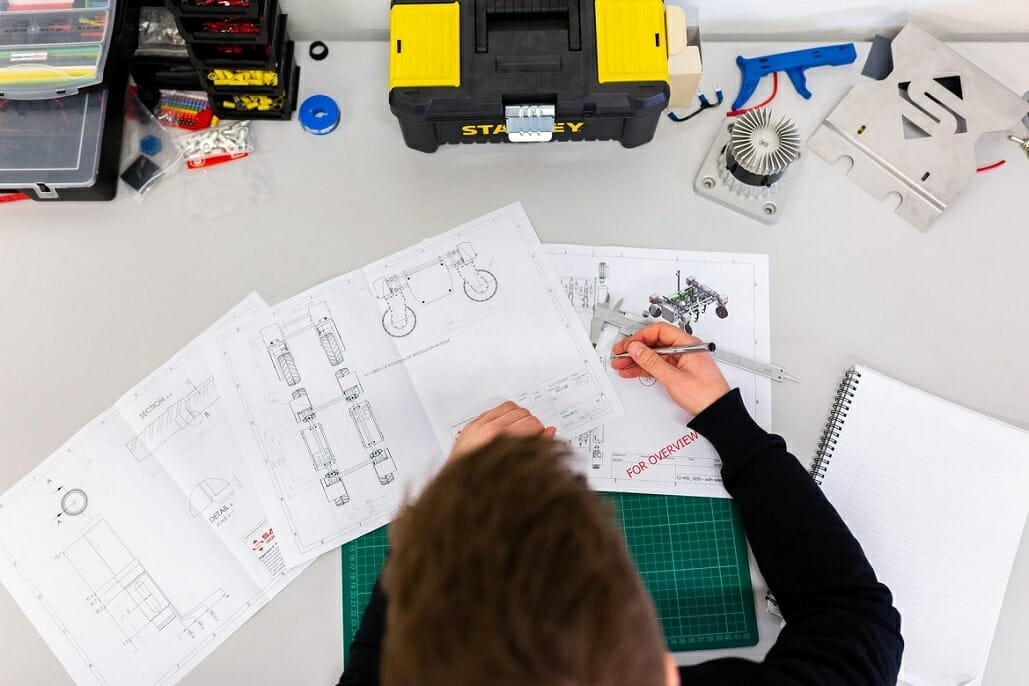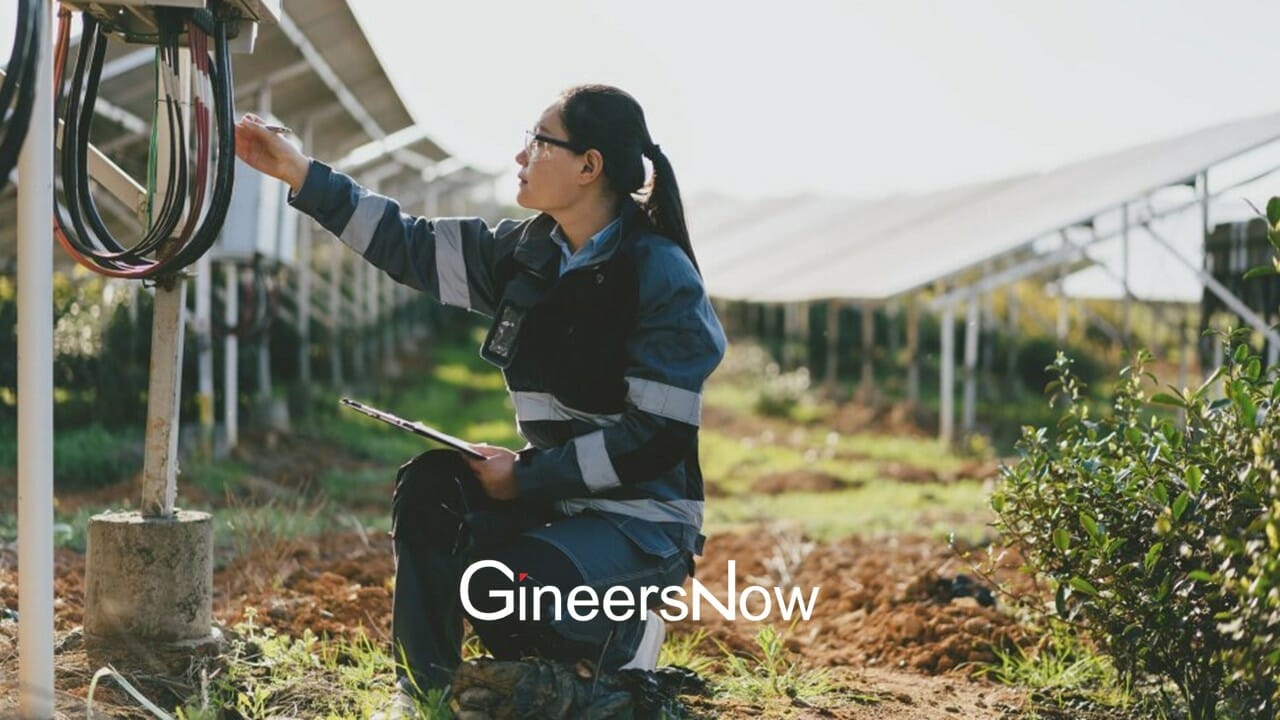The growing consumer demand for new biobased materials, buoyed by the global transition to more sustainable manufacturing processes and products, is creating a burgeoning market. Materials and products derived from biomass sources, such as bulk chemicals, platform chemicals, solvents, polymers, and biocomposites, are becoming increasingly popular.
Waste-generated materials to replace single-use plastics
The development of new biobased materials is emerging as a vital solution for the compound problems of pollution, fossil fuel reliance, and attendant emissions. Using waste-generated materials to replace single-use plastics, unsustainable textiles, and chemical fertilizers generates a huge market.
The field can be classified broadly into biochemical, thermochemical, and biotechnological processes. Generally speaking, these processes involve plant breeding, fermentation, and enzyme isolation to derive products able to compete with and replace mainstay synthetic materials such plastic and nylon.
Equipment suppliers such as BMG Labtech, based in Offenburg, Germany, are driving innovations in the field. Their luminescence plate reader is just one of the many important tools contributing to progress in the industry.

Luminescence plate readers have many applications in academic life science research, drug discovery and screening, clinical laboratories, synthetic biology, and food or water quality monitoring. They detect light photons emitted by chemical, biochemical, or enzymatic reactions and prepare them for practical application.
Increasing government regulatory calls for a transition to biobased materials are also helping to speed product development and innovation. There is still some way to go before biobased materials bring a necessary mass-scale degree of high performance, recyclability, and biodegradability, but significant progress is being made.
While materials such as plastic transformed the age ushered in by the Industrial Revolution, many are contributing to the world’s present-tense environmental crisis. Biobased materials are emerging continually, and the business opportunities for deploying them in novel products are boundless.
Bioplastic market accounts for only 1% of plastic produced
Despite this, the bioplastic market accounts for only 1% of the world’s 368 million tonnes of plastic produced annually, according to the European Bioplastics Association. The European market alone is estimated to be worth €360,000 million.
Medtronic, Johnson & Johnson, 3M, BSN Medical Smith & Nephew, Molnlycke, Medline, and Dupont are leading new processes to convert biomass components into value-added products and fuels.
Ongoing research at Aalto University in Finland reveals that processing cellulose, lignin, and other plant-based matter and creating new bio-materials by manufacturers like the above create sustainable mass-use consumer alternatives.
Two new materials, in particular, demonstrate the potential to replace single-use plastic in packaging: FoamWood and DipWrap. The former is a light, durable, flexible product based on wood, and the latter is an experimental bio-based liquid invented by students. It dries rapidly into a transparent film, which can be used to seal vegetables, for example, and washed off safely.
Promising treatments for arthritis, inflammatory bowel disease, multiple sclerosis
For its part, Israeili-based company Galmed Pharmaceuticals is leading the application of Amilo-5MER—a five-amino acid synthetic peptide MTADV (Methionine, Threonine, Alanine, Aspartic acid, Valine)—that has been discovered to significantly reduce chronic inflammation. The applications for treating rheumatoid arthritis, inflammatory bowel disease, and multiple sclerosis are promising.
Amilo 5-MER was discovered by scientists at the Hebrew University of Jerusalem in Israel. In studies on mice, they found that MTADV, as an anti-inflammatory, has the potential to reduce pathological and clinical symptoms. Galmed Pharmaceuticals is a biopharmaceutical focused on liver problems and metabolic and inflammatory diseases.
Meanwhile, Barcelona-based tech startup Dan*na has announced plans to expand its facilities at the Barcelona Science Park. The company plans to launch a pilot plant to bring its products to industrial scale. Dan*na is developing advanced biomaterials and bioplastics for the biomedical and technological sectors.
Dan*na is the only company to have achieved “Social and Environmental Impact Company” accreditation from the Ship2B Foundation. The foundation’s mission is to boost the impact economy by helping startups, businesses, and investors maximize profitability and improve their social and environmental impact.
Dan*na’s main products are biomaterials for healthcare issues such as tissue regeneration, bone, cartilage, and nerve regeneration. The company is focused on bioengineering, bioprinting, and developing technological bioplastics for agriculture and microelectronics.














